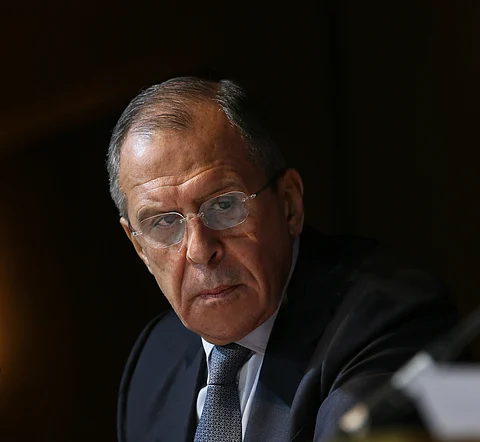

Russia has declined Ukraine’s request to “immediately” present its draft peace memorandum ahead of the scheduled June 2nd talks between Moscow and Kiev in Istanbul.
Kremlin Spokesman Dmitry Peskov stated that the demands to deliver the draft ahead of the talks were “undermining diplomatic efforts.”
On Wednesday, Ukrainian Defense Minister Rustem Umerov, who is leading Ukraine’s negotiation team, claimed he had already sent Ukraine’s draft proposal to Moscow—something Moscow denies.
Umerov’s claim that Russia is procrastinating on sending its draft proposal has gained traction in the Western media, which has framed Russia as not being serious about negotiations. Umerov also claimed he called the Russian delegation on Wednesday to demand the proposal.
The head of the Russian delegation, presidential aide Vladimir Medinsky, clarified that it was he who called Umerov to propose the June 2nd date for the next round of talks.
Russia has stated it will provide the document when the delegations from both sides meet in Istanbul on Monday, resuming the previous round of talks that took place on May 16th.
Foreign Minister Sergey Lavrov also confirmed on Thursday that the document was ready.
Analysts believe Ukraine’s demand to receive the document prior to the meeting is an effort to understand the Russian position in advance and to allow Ukrainian officials to be thoroughly briefed and advised by their Western allies before the talks.
Ukraine has maintained its demand for a 30-day unconditional ceasefire, a position reiterated by Umerov on Wednesday.
Earlier this week, Ukraine submitted its ceasefire proposal to the United States. “Ukraine has proposed to the United States the initiation of a ceasefire,” Ukrainian official Yevhen Brusilo stated. “This ceasefire must be unconditional, as it will create the necessary conditions to sit down at the negotiating table. All other aspects of the settlement will be addressed during these negotiations.”
Russia, however, has repeatedly rejected the idea of an unconditional ceasefire that would freeze the conflict along current frontlines, arguing that such a pause would allow Ukraine to rearm and reinforce its military with Western assistance.